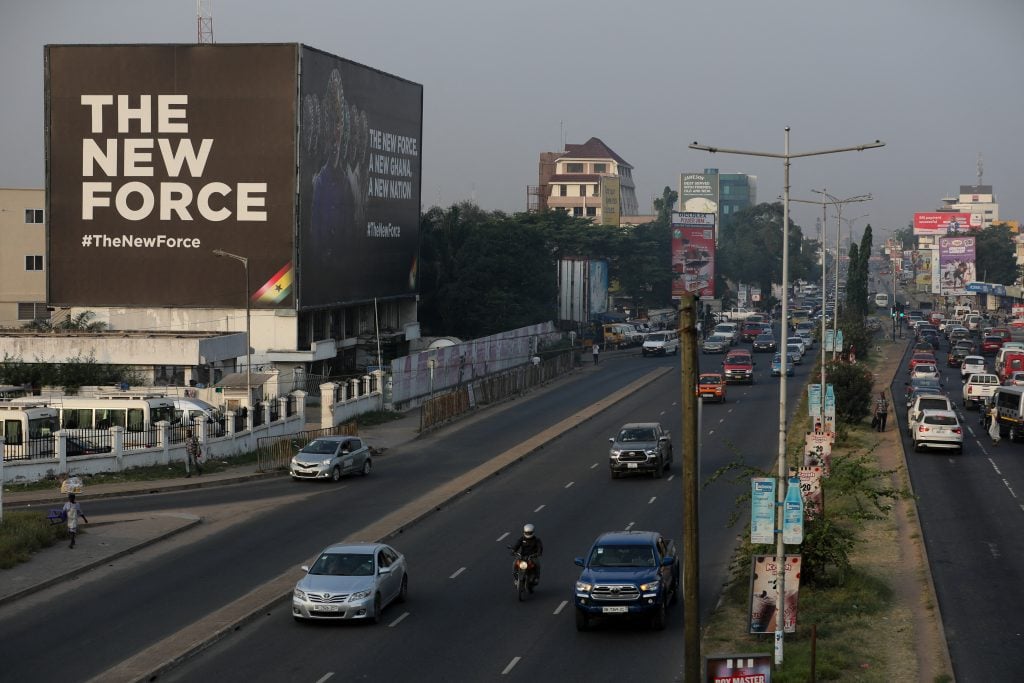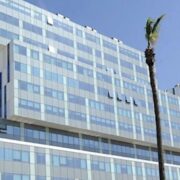
Corporate debt markets in Ghana are showing strong signs of growth in the aftermath of Ghana’s sovereign debt default, according to an investment banker, raising hopes that businesses in the West African country will be increasingly able to access reasonably priced capital and achieve stronger liquidity and higher growth.
Speaking to African Business from the GITEX Global conference in Dubai, Joseph Appiah, vice president at Accra-based investment banking firm Black Star Group, says “the corporate debt markets really slowed down in 2021 and 2022, but last year the market started to pick up again.”
“We have seen several major corporations coming back to the market, with about 7.8bn cedi ($485m) being raised in 2023,” Appiah notes.
“There are multiple programmes that are yet to be approved by the regulator, but when they are, we should see more corporations raising capital on the markets.”
Faith in sovereign debt shaken
The Ghanian government defaulted on the majority of its external debt of about $30bn in December 2022 after debt servicing costs soared during the economic turbulence of the Covid-19 pandemic and its aftermath. An agreement with the Paris Club of international creditors to restructure $5.4bn worth of debt was reached in January this year. Earlier this month, bondholders reached a further deal with the Ghanian government, which saw them accept a 37% haircut on $13bn of debt.
Appiah explains that before the December 2022 default, corporate debt markets dried up “because the government was borrowing at a very high cost,” which encouraged lenders to offer their capital to the government rather than private companies.
“In 2021, for example, the government was borrowing 182-day treasuries at a rate of around 29%,” he tells African Business.
“This became the benchmark – lenders saw the government rate as the “no risk” rate. For corporates coming to the market to borrow, lenders were therefore demanding a risk premium above this benchmark rate, meaning corporates were facing rates of around 35% or more.”
“The government was incentivising most bondholders to hold government rather than corporate bonds, but after the default, this story changed.”
Since the Ghanian government’s default, it has become clear to lenders that the country’s sovereign debt is not risk-free, and this has encouraged them to explore other opportunities in the West African country, including in corporate debt and private equity markets.
Appiah says that “80% of the capital raised by corporations tends to go into working capital, and then the rest towards asset or infrastructure finance, as well as some debt repayments in some cases.”
While this benefits Ghanian corporations and their financial strength, it is causing problems for the Ghanian government, which is finding it increasingly difficult to borrow in the aftermath of its default.
Appiah notes that “the government is falling short of its borrowing targets by around 15-20% – investors are no longer confident that the government is able to pay back its debts, and are more interested in supporting corporates coming to market.”









Comments